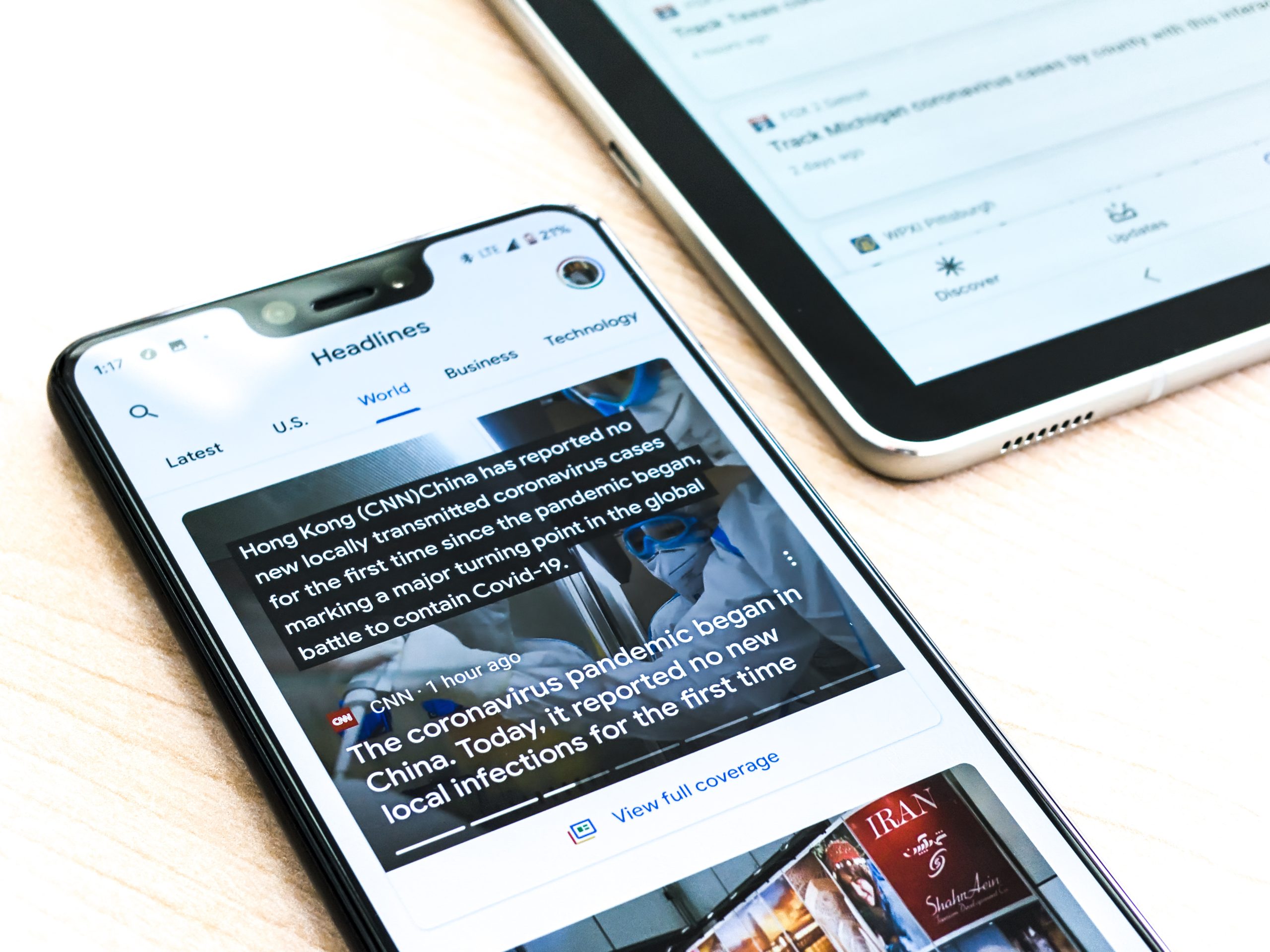Seasonal blues affects many people around the globe. Loneliness creeps up on us like an unwanted guest when we’re dishevelled and doing the chores in our pyjamas. As the days grow shorter and colder, many people find themselves spending more time indoors. This is especially common for those who live in northern climates, where the sun barely peeks out from behind the clouds to give us company.
While staying warm and cosy is essential for physical comfort, it can also lead to a deficiency in vitamin D, a nutrient that is important for bone health, immune function, and mood. The numbers are quite concerning, according to Rathish Nair and Arun Maseeh, “Vitamin D insufficiency affects almost 50% of the population worldwide. An estimated 1 billion people worldwide, across all ethnicities and age groups, have a vitamin D deficiency.”[1]
Even though spending time at home could be pleasant and comforting, many people turn to different social media platforms to find solace and light entertainment that only provides temporary gratification and a short-lived mood boost.
Winter can be a tough time to endure, especially if you’re battling depressive emotions or anxious thoughts. To get a better picture about what is vitamin D deficiency, how to battle this phenomenon and how social media exacerbates the whole situation, this article will try to describe in greater detail that winter gloom is real and shouldn’t be overlooked.
What is vitamin D and how can you trace its deficiency?
Vitamin D is a fat-soluble vitamin that the body can produce when it is exposed to sunlight. However, during the winter months, when there is less sunlight, it is more difficult to get enough vitamin D from the sun.
Vitamin D is a crucial nutrient that helps your body absorb calcium and phosphorus, minerals needed for healthy bones and teeth. It also plays a role in regulating mood and muscle function. While your body can produce vitamin D when your skin is exposed to sunlight, it’s also found in a few foods and supplements.
However, as we have mentioned above, a significant portion of the population is deficient in vitamin D. In order to learn more about the amount of vitamin D in your system, you should consult a medical professional to receive more information about the check-up procedure.
This deficiency is especially common in older adults, people with darker skin, and those who do not spend much time outdoors. Here are some of the health problems associated with vitamin D deficiency to help you understand why it’s important to maintain proper vitamin D levels:
- Loss of bone density and increased risk of osteoporosis: Vitamin D deficiency can lead to a loss of bone density, which can make you more likely to develop osteoporosis, a condition characterized by weak, brittle bones that are more likely to break. This bone loss is most common in the elderly, as their production of vitamin D from sunlight decreases as they age.
- Increased risk of muscle weakness and falls: Vitamin D deficiency can also weaken your muscles and make it more difficult to maintain balance. This can increase your risk of falling, which can be especially dangerous for older adults.
- Weakened immune system: Vitamin D plays a role in regulating the immune system. A deficiency in vitamin D can make you more susceptible to infections.
- Depression and other mood disorders: Some studies have shown that vitamin D deficiency may be associated with an increased risk of depression and other mood disorders[2].

- Multiple sclerosis and other autoimmune diseases: Some studies have suggested that vitamin D deficiency may be linked to an increased risk of developing multiple sclerosis and other autoimmune diseases.
Nowhere to go, nothing to do or the overbearing impact of social media
Social media can be a double-edged sword, and during the colder and darker months, it’s especially important to be mindful of its impact on our overall well-being. While it can offer a sense of connection and engagement, it can also contribute to negative health outcomes if not used responsibly.
During the winter, when the sun sets early and temperatures drop, our inclination to spend time outdoors diminishes. We naturally turn to our electronic devices for entertainment and social interaction, leading to excessive screen time. The blue light emitted from these devices causes disrupted sleep patterns, fatigue, and difficulty concentrating.
Social media platforms often showcase the positive aspects of people’s lives, creating an unrealistic perception of reality. This constant exposure can foster feelings of inadequacy, envy, and social isolation, especially when it’s dark and cold outside because then social interactions are more limited. The fear of missing out (FOMO) can also lead to anxiety and stress as we constantly monitor the activities of our friends and acquaintances, and compare our own lives to theirs.
How can you prevent vitamin D deficiency and can social media be helpful?
There are a few things you can do to prevent vitamin D deficiency during the winter months:
- Get outside as much as possible: If you can, try to get outside for at least 15 minutes each day, even if it is just to walk around the neighbourhood or sit in your backyard.
- Eat foods that are rich in vitamin D: Vitamin D is found in fatty fish, such as salmon, mackerel, and sardines, as well as eggs, cheese, and fortified foods, such as milk, orange juice, and cereal.
- Consider taking a vitamin D supplement: If you are concerned that you may be deficient in vitamin D, talk to your doctor about taking a supplement.
As for social media, you have to weed out the most unpleasant posts and stories. Be fierce and bold and try to avoid procrastination, use relevant hashtags to search for uplifting and beneficial content. How can you do that?
- Follow health and wellness accounts: Many social media accounts are dedicated to providing health and wellness information. Follow these accounts to stay up-to-date on the latest news and advice.
- Join health and wellness groups: There are many social media groups where you can connect with other people who are interested in health and wellness. These groups can be a great place to get support and advice. As many people suffer from vitamin D deficiency, you can find like-minded people who could boost your morale and make your winter months less of a struggle.
- Post about your health journey: Share your path towards a healthier lifestyle on social media to inspire others and to stay accountable. Use social media as a gratitude journal and document your daily routine—you never know who might get inspired by your mouth-watering recipes or simple yet effective training exercises.
Conclusion
It is important to stay attentive during the winter months, as the lack of sunlight can lead to a vitamin D deficiency. By following the tips provided in this article, you can reduce your risk of developing this condition and improve your overall well-being.
Navigating the realm of social media can be tricky, but if used wisely, it can be a valuable tool for staying healthy. By following healthy accounts, joining wellness groups, and sharing your own health journey, you can create a positive and supportive online community that helps you thrive during the winter season. Remember to give your full attention to your body and soul—sometimes we all just need some good old tender loving care.
[1] Nair, R., & Maseeh, A. (2012). Vitamin D: The “sunshine” vitamin. PubMed. https://doi.org/10.4103/0976-500x.95506
[2] Akpınar, Ş., & Karadağ, M. G. (2022). Is vitamin D important in anxiety or depression? What is the truth? Current Nutrition Reports, 11(4), 675–681. https://doi.org/10.1007/s13668-022-00441-0


